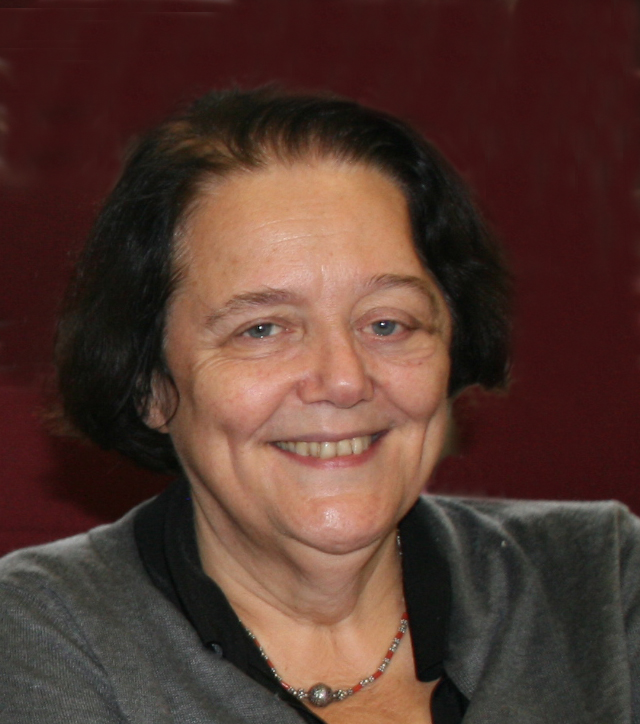The aim of this scientific panel is to review and promote new approaches to improve the coverage and quality of Civil Registration and Vital Statistics (CRVS) systems in low- to middle-income countries (LMIC). It focuses especially on how innovations and new technologies can provide cost-effective solutions and be scaled up to provide nationally or sub-nationally representative statistical information.
Every birth matters and every death counts. However, in 2014, only 72% of all births estimated worldwide were registered, and two-thirds of all estimated deaths were not registered. A comprehensive system of civil registration is required to ensure that no one is left behind or is invisible, to secure for everyone the recognition of a legal identity, and to facilitate access to basic rights such as education and social protection. From the perspectives of demography and public health, CRVS systems can provide regular statistics on births and deaths (by cause). These statistics are needed to inform local authorities, to guide the allocation of public resources, and to monitor health progress.
The goal of this panel is to learn from success stories, to investigate the most sustainable approaches to achieve universal birth and death registration, and to review assessment methods used to evaluate the completeness and accuracy of CRVS. This includes analytical approaches and validation studies with individual record linkage between different registration sources.
To achieve its goals, the panel will organize meetings, hold virtual seminars, use social media and the web to bring together local practitioners and scholars to review recent developments, and to assess new approaches used to strengthen civil registration and vital statistical systems nationally or initially for selected regions or urban areas.
This panel in particular will review the potentials brought by the expanded use of mobile technology applications for birth registration and verbal autopsies, computerized procedures for determining causes of death from verbal autopsies, innovative sampling methods, new linkages of CRVS with health facility data, or between CRVS and longitudinal health and demographic surveillance (HDSS) or sample registration systems (SRS) (including through the use of individual identification systems), and increased use of community health workers for the notification of births and deaths.
Session on “Advancing the Data Revolution through Record Linkage and Data Integration” at the 15th Conference of the International Association for Official Statistics
Abu Dhabi, United Arab Emirates, 6 December 2016
Pre-Conference side meeting at the VII Latin-American Population Association (ALAP) & XX Brazilian Association for Population Studies (ABEP) Congress
Side Meeting on CRVS Assessment Using Direct Methods
(Evaluación de las estadísticas vitales y el registro civil usando métodos directos)
Foz do Iguaçu, Brazil, 18 October 2016; 8:45-13:00
Towards the next generation of record-linkage studies to advance data quality assessment of civil registration systems in low- and middle-income countries
Washington, DC, United States, 4-5 April 2016
Side meeting at the African Population Conference:
Lessons learned from local initiatives supporting sustainable civil registration and vital statistics (CRVS) systems in Africa
Johannesburg, South Africa, 28 November 2015





